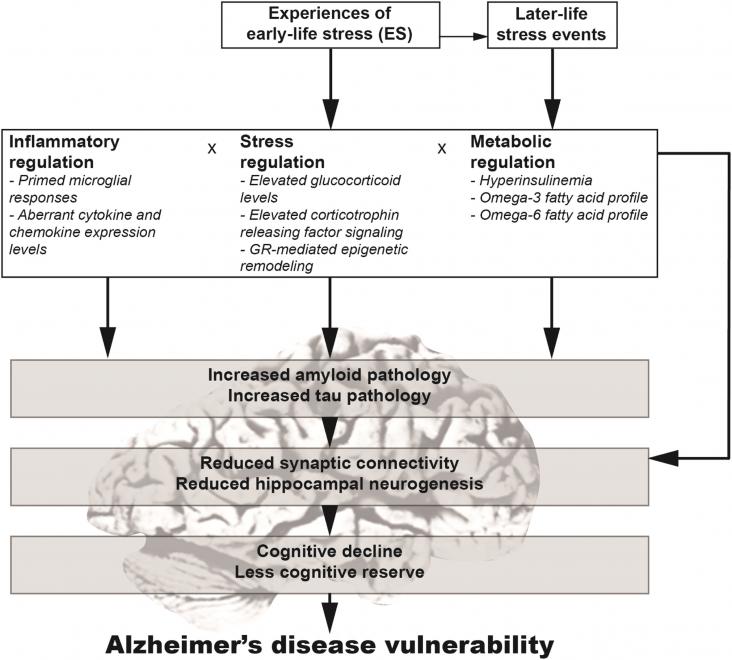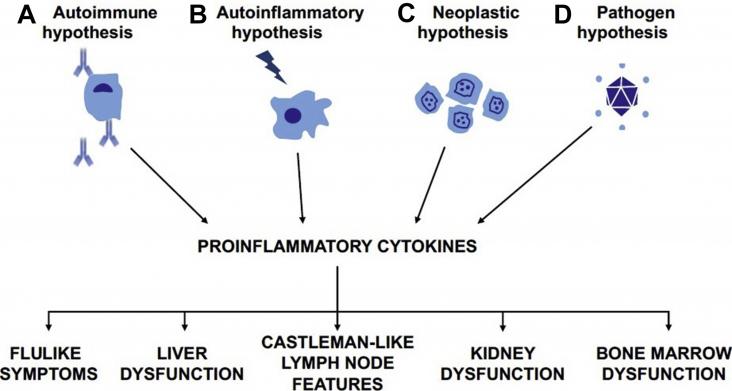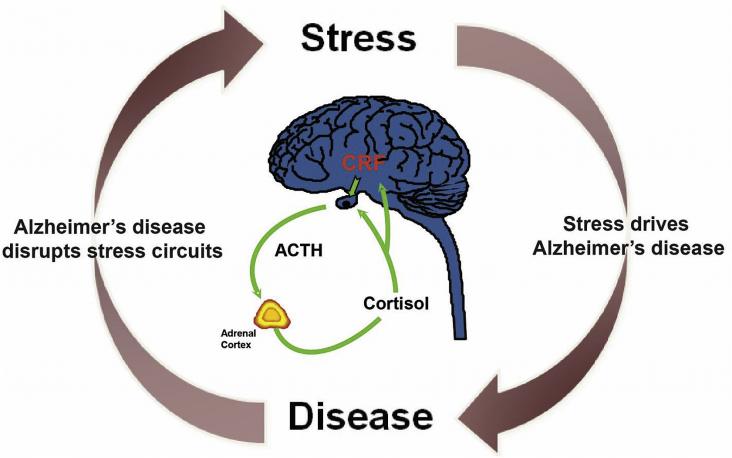While the use of making in participatory co-design is common, I argue for the benefits that making-led participatory co-design can bring to two fields where its use is rare: early-stage innovation and
Referred to as the ‘forgotten causalities’ of climate change (Cutter 1995), very few studies have examined the precise nature and magnitude of climate change impacts on children, let alone on the g
Interesting paper that demonstrates the significant advantages of loop-mediated isothermal amplification (LAMP) compared to other methods such as serological tests and PCR to detect the hepatitis B virus. LAMP assay provided significant amplification time of less than 15 minutes compared with over 1 hour for PCR.
Poor air quality has extremely detrimental health consequences, including cancer, stroke, asthma or heart disease.
Objective: To discuss lesbian, gay, bisexual, and transgender (LGBT)-specific survivorship issues including: integrating sexual and gender minority identities with cancer survivor identities; coordina
Clinical studies indicate that Alzheimer's disease (AD) disproportionately affects women in both disease prevalence and severity, but the mechanisms underlying this sex divergence are unknown.

Stress experienced early in life (ES), in the form of childhood maltreatment, maternal neglect or trauma, enhances the risk for cognitive decline in later life.
This article ties to SDG 3. This review describes interventions of note that are delivered to refugee children and adolescents as well as parenting and school interventions, and broader socioeconomic and cultural interventions.

This article ties to SDG 3. This clinical review article, published in Hematology/Oncology Clinics, presents current understanding of the pathogenesis for each subtype of CD as of 2017. Although understanding of CD has slowly improved over the last 6 decades, leading to improved patient survival and quality of life, additional research is needed. The authors anticipate significant progress to be made in the coming years through research studies led by the CDCN, including the ACCELERATE (Advancing Castleman Care with an Electronic Longitudinal registry, E-Repository, And Treatment/Effectiveness research) Natural History Registry (www.CDCN.org/ACCELERATE), which is open for patient self-enrollment.

